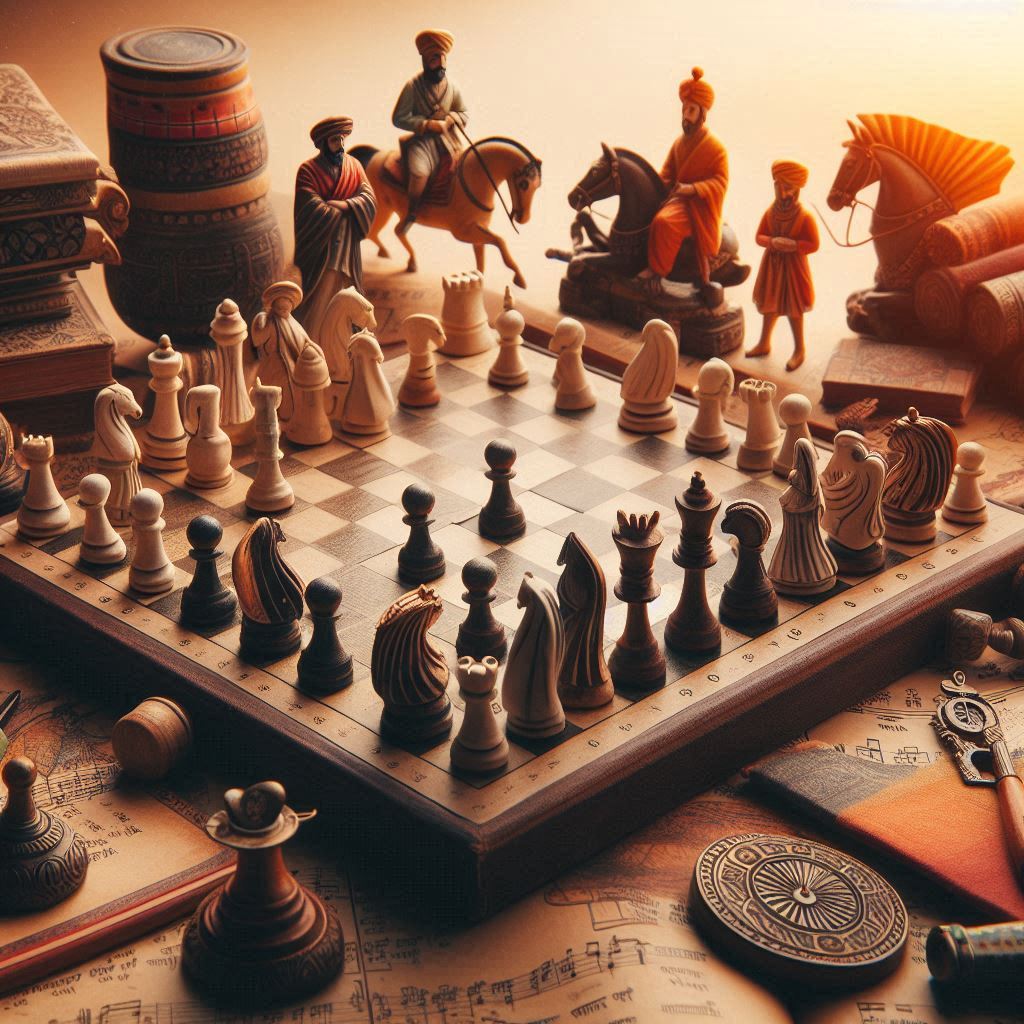Introduction
Chess analysis sessions are a crucial part of improving as a player. These sessions involve reviewing your games, identifying mistakes, and learning from them to enhance your overall understanding and performance. Whether you’re a beginner or an experienced player, analyzing your games can provide invaluable insights and help you develop a deeper appreciation for the game. In this article, we will explore the various benefits of chess analysis sessions and offer tips on how to make the most out of them.
Understanding Chess Analysis
What is Chess Analysis?
Chess analysis is the process of reviewing and examining your games, as well as those of others, to identify strengths, weaknesses, and opportunities for improvement. This can be done manually, with the help of a coach, or using chess engines and software.
Types of Chess Analysis
- Self-Analysis: Reviewing your own games and moves to understand your thought process and identify mistakes.
- Coach Analysis: Working with a chess coach who provides expert feedback and guidance.
- Engine Analysis: Using chess engines like Stockfish or Komodo to get precise evaluations and alternative move suggestions.
Benefits of Chess Analysis Sessions
Identifying Mistakes
One of the primary benefits of chess analysis is identifying mistakes. By reviewing your games, you can pinpoint where you went wrong and understand the consequences of your errors. This knowledge helps you avoid repeating the same mistakes in future games.
Improving Decision-Making
Analyzing games enhances your decision-making skills. You learn to recognize patterns, assess positions more accurately, and make better strategic and tactical choices. This leads to a more confident and refined playing style.
Understanding Openings
Chess analysis helps you understand the intricacies of various openings. By reviewing how certain opening moves played out in your games, you can refine your opening repertoire and prepare better for future opponents.
Enhancing Tactical Awareness
Regular analysis sessions improve your tactical awareness. By examining tactical motifs and combinations in your games, you become more adept at spotting opportunities and threats during live play.
Developing Strategic Insight
Chess analysis fosters a deeper understanding of strategic concepts. You learn to appreciate the long-term plans and positional elements of the game, leading to more coherent and effective strategies.
Learning from Grandmasters
Analyzing games played by grandmasters provides valuable lessons. By studying their moves and thought processes, you can adopt advanced techniques and ideas into your own play.
Boosting Confidence
Regular analysis builds confidence. Understanding your strengths and areas of improvement helps you approach future games with a clearer mind and greater self-assurance.
Setting Goals
Chess analysis sessions help in setting realistic and achievable goals. By identifying specific areas that need improvement, you can create targeted practice plans and track your progress over time.
How to Conduct Effective Chess Analysis Sessions
Using Chess Engines
Chess engines are powerful tools for analysis. They provide accurate evaluations, suggest alternative moves, and highlight tactical opportunities and threats. Use engines to complement your analysis, but avoid relying solely on them.
Reviewing Key Moments
Focus on key moments in your games, such as critical positions, turning points, and endgames. Analyze why you made certain decisions and what you could have done differently.
Annotating Your Games
Annotating your games helps solidify your understanding. Write down your thoughts, plans, and evaluations for each move. This practice encourages deeper reflection and retention of key concepts.
Comparing with Master Games
Compare your games with those of masters who played similar positions. This comparison can provide insights into different approaches and highlight areas where you can improve.
Seeking Feedback
Share your games with a coach or stronger players and seek their feedback. Their insights can provide new perspectives and help you identify blind spots in your analysis.
Regular Practice
Make analysis a regular part of your chess routine. Consistent practice reinforces learning and helps you internalize lessons more effectively.
Tools and Resources for Chess Analysis
Chess Software
- ChessBase: A comprehensive database and analysis tool used by professionals.
- Fritz: A powerful chess engine and training program.
- Stockfish: A free and open-source chess engine known for its strength.
Online Platforms
- Chess.com: Offers game analysis, puzzles, and lessons.
- Lichess: Provides free analysis tools, including engine support and database access.
- ICC (Internet Chess Club): Features analysis tools and access to a community of players.
Books and Courses
- “My Great Predecessors” by Garry Kasparov: A series analyzing games of world champions.
- “Silman’s Complete Endgame Course” by Jeremy Silman: Focuses on practical endgame analysis.
- Online courses: Websites like Chessable and iChess offer courses on game analysis and improvement.
Common Mistakes in Chess Analysis
Over-Reliance on Engines
While engines are valuable, relying too heavily on them can hinder your understanding. Use engines to verify and complement your analysis, but focus on developing your own critical thinking skills.
Ignoring Your Thought Process
Analyzing without reflecting on your thought process misses a key aspect of learning. Understand why you made certain decisions to identify and correct flawed thinking patterns.
Skipping Annotations
Failing to annotate your games can lead to superficial analysis. Writing down your thoughts encourages deeper reflection and better retention of lessons learned.
Not Analyzing Losses
It’s tempting to skip analyzing losses, but these games often provide the most valuable lessons. Embrace your mistakes as opportunities for growth.
FAQs
How often should I conduct chess analysis sessions? Regular analysis is key. Aim to analyze your games after every serious match and review notable games weekly to reinforce learning and track progress.
What tools are best for chess analysis? ChessBase, Stockfish, and online platforms like Chess.com and Lichess are excellent tools for analysis. They offer a range of features from basic evaluations to detailed game databases.
Can beginners benefit from chess analysis sessions? Yes, beginners can greatly benefit from analysis. It helps them understand basic principles, identify mistakes, and accelerate their learning process.
How long should a chess analysis session last? A typical session can last from 30 minutes to an hour, depending on the complexity of the game. Focus on quality over quantity, ensuring thorough analysis of key positions.
Is it necessary to have a coach for effective chess analysis? While a coach can provide valuable insights, it’s not necessary. Self-analysis and using online resources can also be highly effective for improvement.
How can I stay motivated to analyze my games regularly? Set specific goals, track your progress, and celebrate improvements. Joining a chess club or study group can also provide motivation and support.
Conclusion
Chess analysis sessions are an indispensable tool for any player looking to improve. By regularly reviewing your games, identifying mistakes, and learning from them, you can develop a deeper understanding of chess and enhance your skills. Use the tips and resources outlined in this article to make the most out of your analysis sessions and take your chess game to the next level.



